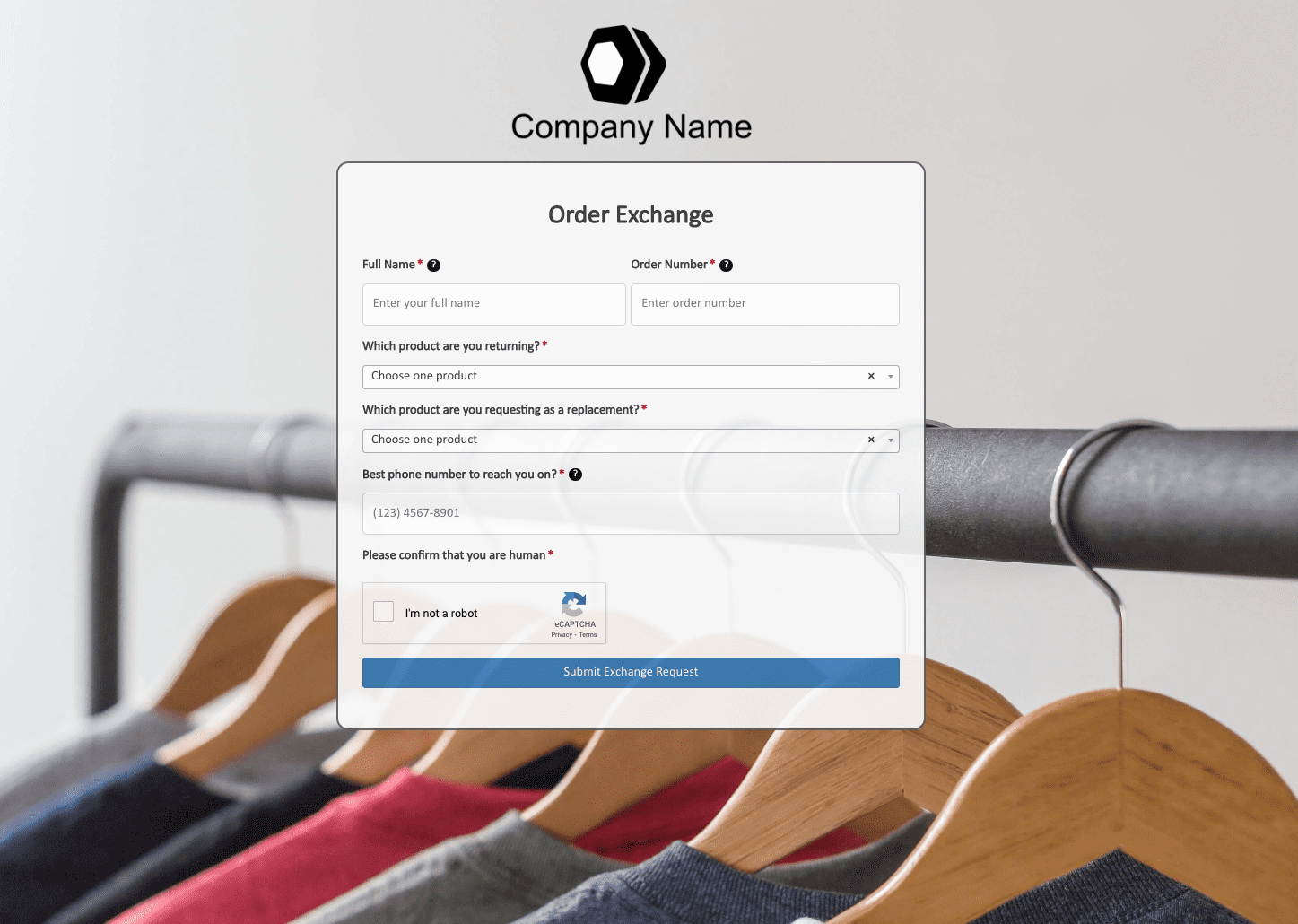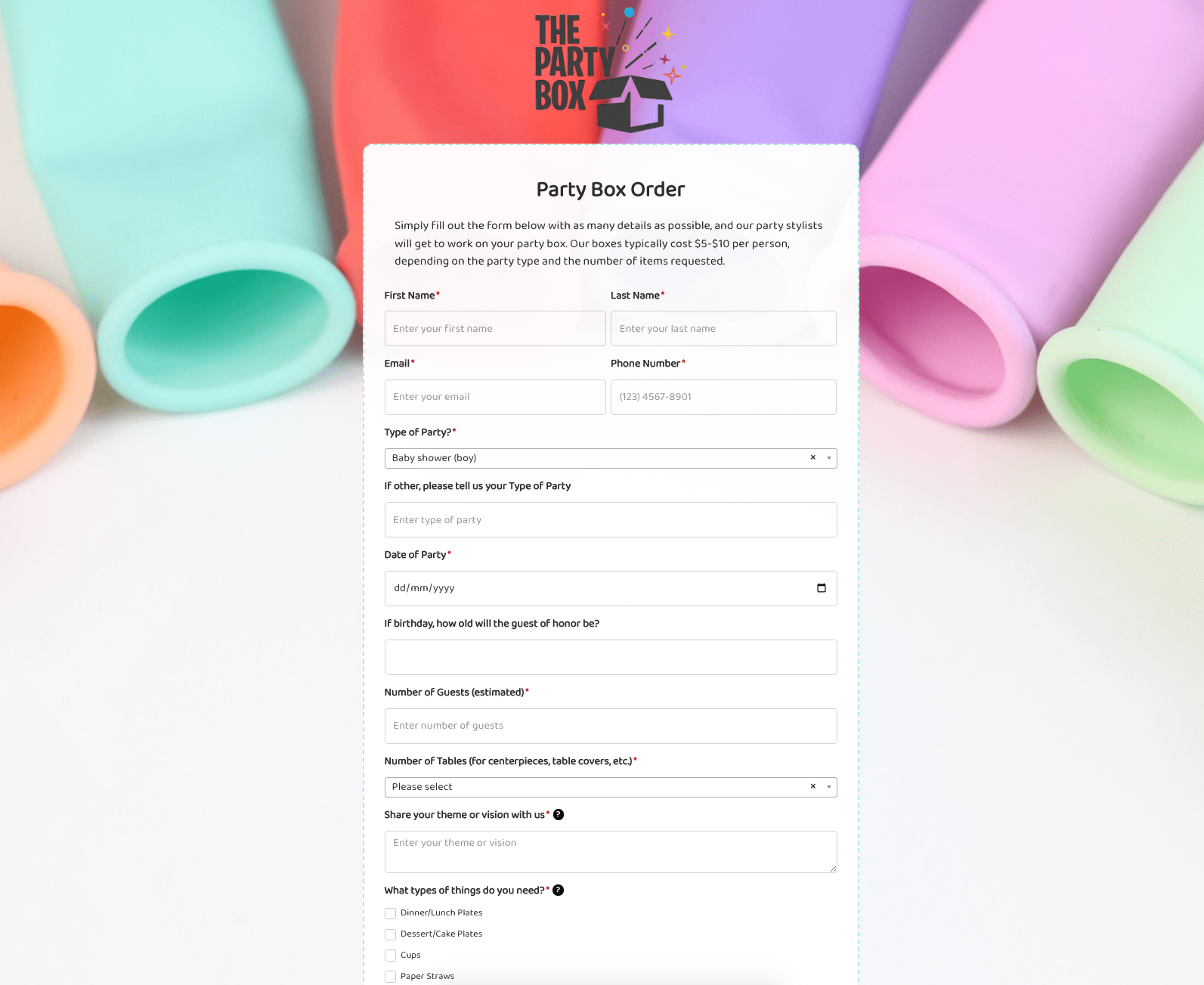Fast-growing startups have become a topic of interest and admiration for many entrepreneurs and business leaders due to their potential for success.
According to a report by Startup Genome, fast-growing startups create jobs and generate economic growth faster than traditional small businesses.
However, achieving this level of success requires strong leadership skills and a clear understanding of the lessons learned from successful startups.
This article explores four leadership lessons from fast-growing startups that can help you drive success in your own organization.

Lesson #1: Focus on creating value for customers

The first lesson to learn from fast-growing startups is to prioritize customer satisfaction.
In today's market, customer satisfaction is the key to driving business growth.
Successful startups like Amazon, Airbnb, and Uber have built their businesses by creating value for their customers.
They have made it their mission to understand their customers' needs and deliver innovative products and services that meet them. By prioritizing customer success, these companies have built loyal customer bases, which has driven their growth.
According to a survey conducted by HubSpot, 93% of customers are more likely to be repeat customers at companies that offer excellent customer service.
Furthermore, 77% of customers are likely to recommend a company to their friends after having a positive experience with that company's customer service.
Another study by Forrester found that companies that prioritize customer experience see higher revenue growth rates compared to companies that do not prioritize customer experience.
In fact, companies that prioritize customer experience have an average revenue growth rate of 17%, while companies that do not prioritize customer experience have an average revenue growth rate of just 3%.
Customer success is also closely linked to customer retention.
According to a report by Bain & Company, improving customer retention rates by just 5% can increase profits by anywhere from 25% to 95%.
This highlights the importance of creating value for customers and prioritizing their success as a key driver of business growth.
Successful startups like Apple and Netflix have built their businesses by developing products and services that not only meet their customers' needs but also exceed their expectations.
By doing so, they have created a sense of loyalty and brand evangelism among their customers, which has helped to drive their growth.
As a leader, you must not only understand your customers' needs but also to prioritize their success as a core value of your organization. This means investing in customer support, gathering customer feedback, and continuously innovating to meet your customers' evolving needs.
By doing so, you can create a customer-centric culture that will help drive your business growth and success.
Lesson #2: Build a strong team

According to a study by LinkedIn, 70% of professionals would not work at a company with a bad reputation, even if they were offered a pay increase.
This highlights the importance of building a strong company culture and reputation in order to attract top talent.
Another study by McKinsey & Company found that companies with diverse workforces are more likely to outperform their less diverse peers.
In fact, companies in the top quartile for gender diversity are 21% more likely to experience above-average profitability than those in the bottom quartile. This underscores the importance of building a diverse and inclusive team to drive business success.
Companies with strong employee engagement tend to have higher customer satisfaction and retention rates.
According to a report by Haiilo, companies with highly engaged employees have 21% higher profitability than those with low engagement. This highlights the importance of building a team that is engaged, motivated, and invested in the organization's success.
As a leader, you should also invest in the professional development of your team.
According to a study by LinkedIn, 94% of employees would stay at a company longer if it invested in their career development.
By offering opportunities for learning and growth, you can not only attract and retain top talent but also foster a culture of innovation and continuous improvement.
At the end of the day, building a strong team is essential for the success of any startup.
By creating a unique company culture, investing in diversity and inclusion, and offering opportunities for professional development, leaders can attract and retain top talent and drive business growth.
Lesson #3: Embrace change and innovation

According to a study by McKinsey & Company, companies that prioritize innovation have higher revenue growth and profitability than those that do not.
In fact, companies in the top quartile for innovation had a 5.5% higher annual growth rate and 15% higher EBITDA margins than those in the bottom quartile.
Consider also that a survey by PwC found that 61% of CEOs believe innovation is a key priority for their organization's success.
However, only 21% of those CEOs feel that their company delivers on innovation effectively.
This highlights the importance of not only prioritizing innovation but also creating a culture that fosters and supports it.
In addition, embracing change and innovation can increase employee engagement and motivation.
According to a report by Deloitte, employees who work in innovative and dynamic environments are more likely to be engaged and satisfied with their work.
This can lead to higher productivity, lower turnover rates, and increased profitability for the organization.
Embracing change and innovation is crucial for the success of any startup.
By prioritizing innovation, fostering a culture of experimentation and collaboration, and investing in research and development, leaders can drive business growth and stay ahead of the competition.
It will also make it easier for them to attract top talent.
Lesson #4: Set clear goals and hold people accountable

The fourth lesson to learn from fast-growing startups is the importance of setting clear goals and holding people accountable.
Successful startups like Stripe, Zoom, and Robinhood have set clear goals and metrics to measure progress toward those goals.
By doing so, they have been able to hold their teams accountable and drive success.
According to a survey by ClearCompany, 72% of organizations that set clear performance goals have better business outcomes.
Furthermore, a Harvard Business Review study found that teams who have a clear understanding of their goals and feel they are held accountable are more engaged and perform better than those who don't.
In addition, a study by Gallup found that only 50% of employees strongly agree that they know what is expected of them at work.
This lack of clarity can lead to confusion and a lack of direction, hindering individual and organizational performance.
Clear goals and accountability are especially important in startups, where every resource and effort counts toward driving growth.
By setting clear goals and holding people accountable, startups can ensure everyone is aligned toward achieving their objectives and delivering results.
As a leader, you must set clear goals and metrics within your organization. This means communicating your vision and expectations clearly to your team and measuring progress toward those goals.
Implement These Lessons for Startup Success
In conclusion, fast-growing startups offer valuable lessons for leaders who want to drive business success.
By focusing on creating value for customers, building a strong team, embracing change and innovation, setting clear goals, and holding people accountable, leaders can achieve success in their own organizations.
It is crucial to implement these lessons within your organization and continuously adapt to the ever-changing business environment.
By doing so, you can stay ahead of the competition and drive business growth.
I hope you enjoyed this read. Feel free to start the conversation below.
 Access Request Form
Access Request Form
 Afterparty RSVP Form
Afterparty RSVP Form
 Band Discovery Form
Band Discovery Form
 Book a room Form
Book a room Form
 Booking Enquiries Form
Booking Enquiries Form
 Brochure Mailing Form
Brochure Mailing Form
 Buy a Home Form
Buy a Home Form
 Catalog Request Form
Catalog Request Form
 Coach Lines Quote Form
Coach Lines Quote Form
 Contact Us Form
Contact Us Form
 Credit Application Form
Credit Application Form
 Drop me a line Form
Drop me a line Form
 Enquiry / Feedback Form
Enquiry / Feedback Form
 Got a question? Form
Got a question? Form
 Instant Quote Form
Instant Quote Form
 Job Application Form
Job Application Form
 Language & Literacy Lab Form
Language & Literacy Lab Form
 Live Streaming Registration Form
Live Streaming Registration Form
 More Information Form
More Information Form
 Order Exchange Form
Order Exchange Form
 Party Box Order Form
Party Box Order Form
 Pest Control Services Form
Pest Control Services Form
 Poll / Survey Form
Poll / Survey Form
 Receive Ebook Form
Receive Ebook Form
 Refinance Mortgage Form
Refinance Mortgage Form
 Remarks / Questions Form
Remarks / Questions Form
 Report Driver Form
Report Driver Form
 Retreat Information Form
Retreat Information Form
 Service Enquiry Form
Service Enquiry Form
 Skydiving Registration Form
Skydiving Registration Form
 Spare Part Enquiry Form
Spare Part Enquiry Form
 Staff Application Form
Staff Application Form
 Submission Form
Submission Form
 User Registration Form
User Registration Form
 Website Under Construction Form
Website Under Construction Form
 Wedding Photographer Form
Wedding Photographer Form
 Your Opinion Matters Form
Your Opinion Matters Form

















